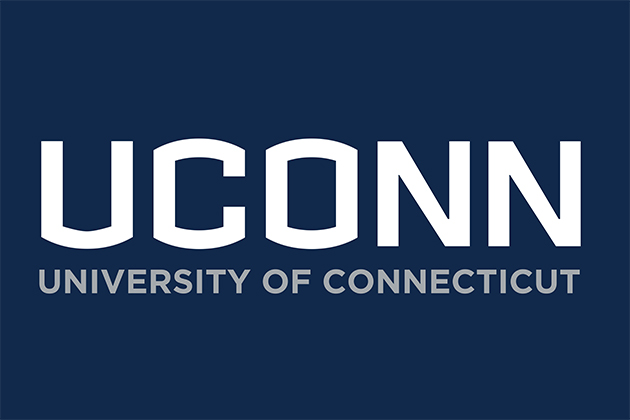To the UConn Community,
I write to inform you that the Connecticut General Assembly has approved a bipartisan budget agreement that will mean at least a $143 million reduction in state funding for UConn – including UConn Health – over the next two years.
You may recall that the governor had proposed a two-year cut of $100 million for UConn and UConn Health. The University accepted this, knowing that every state agency would need to share in the financial sacrifice as the state struggled to close its deficit. However, in September, the legislature voted to approve a budget that would have cut state funding for the University by $309 million – more than triple what we were prepared to manage.
The governor vetoed that budget and negotiations resumed.
This new budget is clearly a far better outcome with respect to funding for UConn. A cut of $309 million would have been catastrophic, and we are relieved that the General Assembly was able to avoid making that kind of cut to the University.
That said, a two-year cut of $143 million is still a very steep reduction. It will clearly have a significant negative impact on the University, and will mean difficult decisions.
UConn is the 18th best public university in the nation, out of 132 public research institutions. We will do all we can to maintain that position and – with the right resources – continue to grow and thrive as we move forward.
As we have often said, investment in UConn is one of the key factors that will improve Connecticut’s economy over the long term. Without an excellent public research university, we cannot maximize our ability to train our future workforce, bring national and international talent to the state, or invent, discover, and build through research and strategic partnerships. A mediocre flagship university does little good for its state.
The governor has not yet indicated whether or not he will sign this legislation. If the reductions in this budget become law, I will work with our faculty, staff, and board of trustees as we continue to take steps to protect our core academic mission.
Managing budget reductions is painful, but straightforward; there is no hidden financial resource we can tap and there is no non-specific “fat” or other low-hanging fruit that can be eliminated to solve our problems. Nor can the University simply turn to philanthropy or external grants to shore up our operating budget. Those funds cannot legally be used for that purpose.
Instead we will contend with this round of cuts as we have contended with previous cuts over the past several years, including through the following:
- A prudent and strategic freeze on hiring while also protecting research and meeting teaching needs.
- A delay of certain projects, including the Gant renovation and construction of the new Science Complex.
- The restructuring of administrative functions and departments and the elimination of positions.
- Reducing services that, while positive and beneficial, are not essential to the academic mission.
We are grateful to the governor and the General Assembly not only for supporting a scaled-back reduction to UConn, but also for their support for UConn over the long term. We know that when the state’s leaders approve budgets that reduce funding for UConn, they are only doing so because they must close wide deficits in the state budget, not because they believe cutting UConn is good public policy or good for the state of Connecticut.
Just as important: thanks to all of you – the people who make up our community and UConn Nation. In recent weeks, you mobilized, took action, and made your voices heard. You wrote, called, and met with your legislators, advocated through the media, held demonstrations, and aggressively made the case for UConn and its value to the state. Each of your stories became our story, and reminded everyone that UConn is essential to Connecticut’s success. The fact that we were able to avoid the catastrophic cuts we feared is owed to your hard work.
Clearly, this advocacy for UConn must continue if we are to maintain and enhance our academic strength through the challenges of the years ahead.
With sincere appreciation,
Susan Herbst
University President



